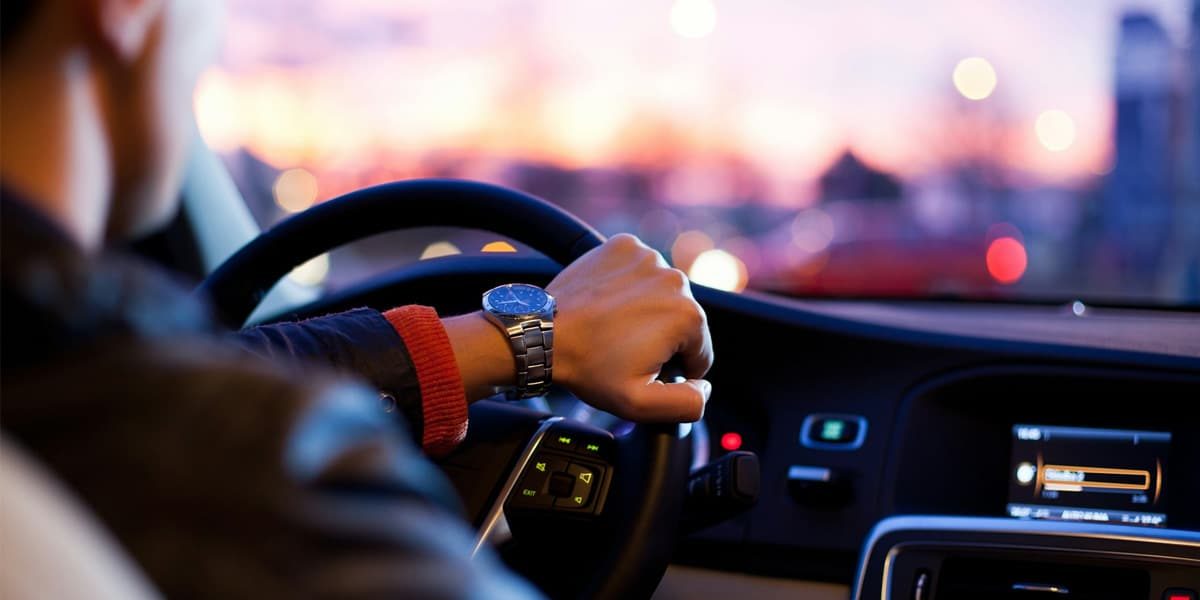Drunk driving accidents are among the most devastating and preventable tragedies on our roads. When individuals choose to get behind the wheel while under the influence of alcohol or drugs, they not only endanger their lives but also pose a serious threat to the safety of others on the road. In the aftermath of a drunk driving accident, victims and their families often face immense physical, emotional, and financial hardships. Seeking justice and holding the negligent party accountable for their actions is essential, and punitive damages play a significant role in achieving this goal.
What Are Punitive Damages?
Punitive damages, also known as exemplary damages or vindictive damages, differ from compensatory damages, which are intended to compensate victims for their losses, including medical expenses, lost wages, and pain and suffering. Punitive damages, on the other hand, are awarded to punish the defendant for egregious conduct and to deter similar misconduct in the future.
In drunk driving accident cases, punitive damages may be sought when the driver’s actions are deemed reckless, willful, or wanton. This could include driving with a blood alcohol concentration (BAC) above the legal limit, driving while intoxicated by drugs, or engaging in other reckless behaviors such as excessive speeding or weaving between lanes.
Purpose of Punitive Damages
The primary purpose of punitive damages in drunk driving accident cases is to punish the defendant and send a clear message that such irresponsible and dangerous behavior will not be tolerated. By imposing financial consequences beyond compensatory damages, punitive damages aim to deter drunk driving and promote public safety.
Factors Considered in Awarding Punitive Damages
When determining whether to award punitive damages and the amount to be awarded, courts consider various factors, including:
Severity of Misconduct: The degree of recklessness or willful disregard for the safety of others exhibited by the drunk driver.
Prior Conduct: Whether the defendant has a history of drunk driving or other reckless behavior.
Financial Status: The defendant’s financial resources and ability to pay punitive damages.
Need for Deterrence: The importance of sending a strong message to the defendant and others in the community about the seriousness of drunk driving.
Challenges in Obtaining Punitive Damages
While punitive damages can serve as a powerful tool for holding drunk drivers accountable, obtaining them can be challenging. Plaintiffs must provide clear and convincing evidence of the defendant’s egregious conduct, which often requires thorough investigation, expert testimony, and legal expertise.
Additionally, some states impose caps or limits on punitive damages, restricting the amount that can be awarded. Plaintiffs may also face resistance from insurance companies and defendants who seek to minimize their liability and avoid punitive damages altogether.
Importance of Legal Representation
In drunk driving accident cases where punitive damages are pursued, having experienced legal representation is essential. A skilled attorney specializing in personal injury law can assess the circumstances of the accident, gather evidence, and build a compelling case for punitive damages. The drunk driving accident lawyers in Austin explain that they can also navigate complex legal proceedings, negotiate with insurance companies, and advocate vigorously for the rights of the victim and their families.
Drunk driving accidents represent a tragic and entirely preventable loss of life and limb. Punitive damages play a crucial role in holding negligent drivers accountable for their actions and deterring future misconduct. While no amount of money can undo the harm caused by a drunk driving accident, punitive damages send a powerful message that reckless behavior will not be tolerated in our communities. Through advocacy, awareness, and legal action, we can strive to prevent drunk driving accidents and ensure justice for victims and their families.
Published by: Martin De Juan

















